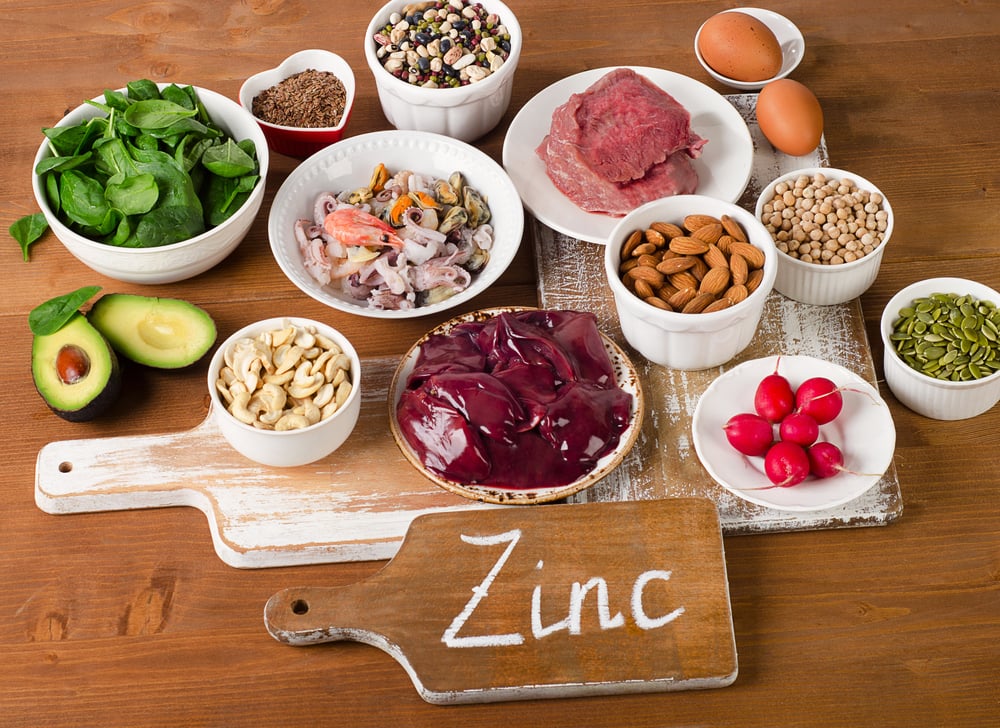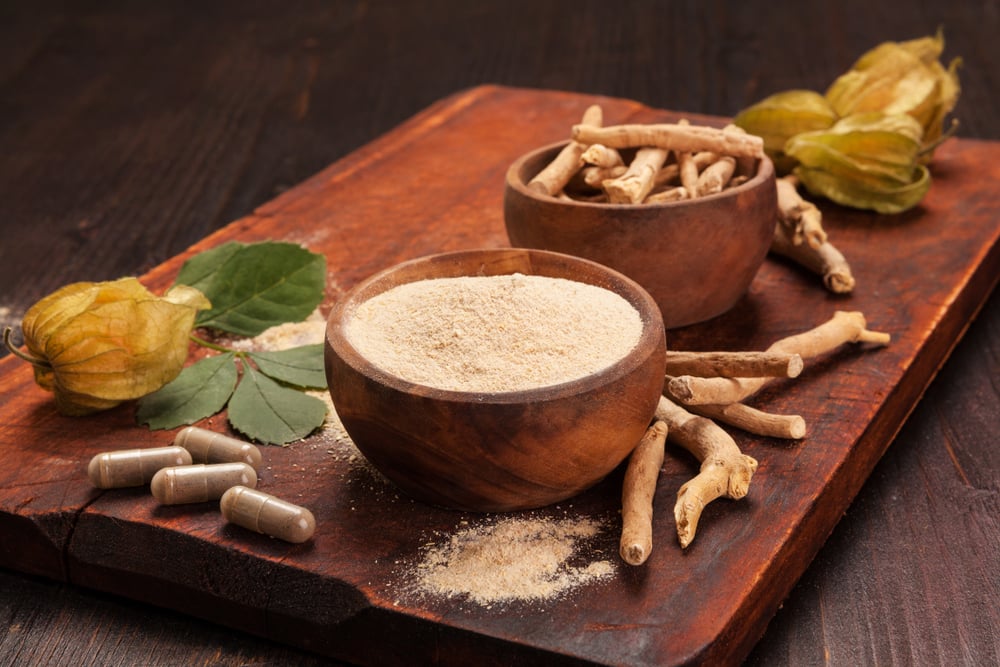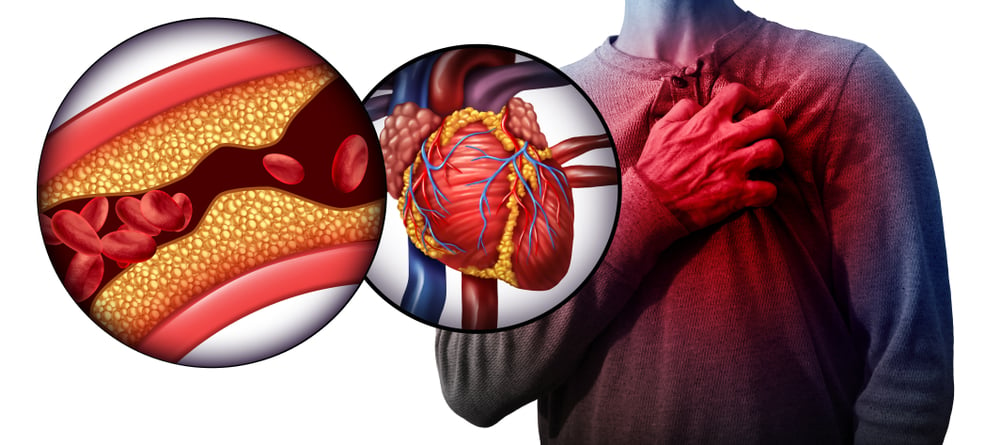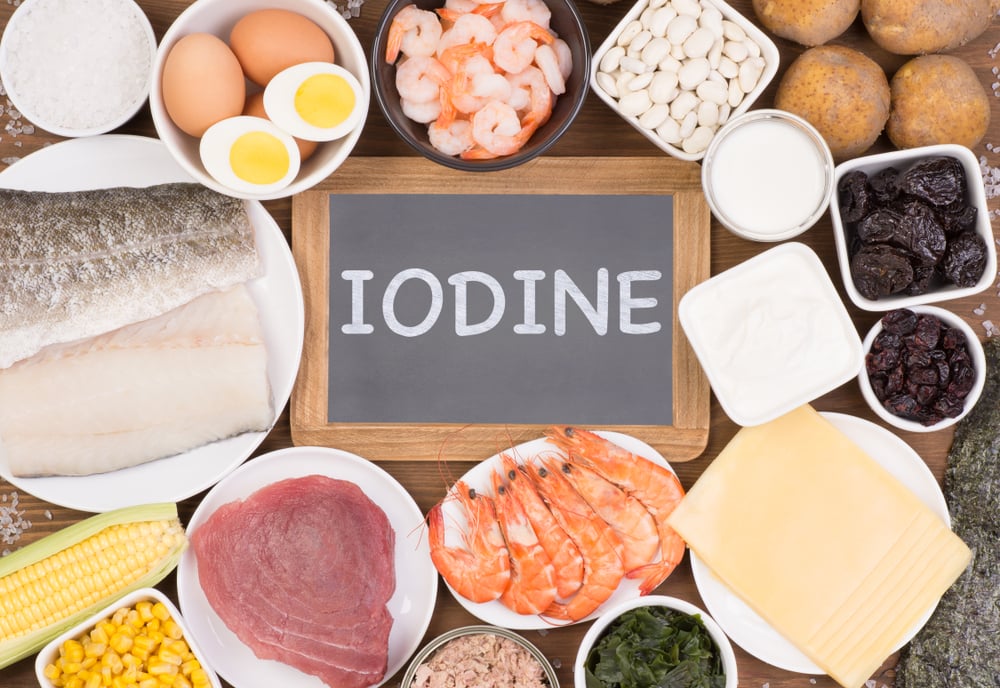Introduction
While many people know that zinc is important for the body, few know why. This essential mineral is actually involved in a number of essential bodily processes, from immune function to cell growth. It’s also an important component of enzymes and hormones.
In this article, we will explore the importance of zinc for the human body. From its role in immunity to its benefits for skin and hair, we will cover everything you need to know about this essential mineral.
What is zinc?
Zinc is a chemical element with the symbol Zn and atomic number 30. It is the first element in group 12 of the periodic table. In some respects, zinc is chemically similar to magnesium: both elements have the same number of valence electrons and are in the same group on the periodic table. However, zinc has a much lower electronegativity than magnesium, and is therefore more likely to form covalent rather than ionic bonds.
Zinc is found in a variety of settings, including in the Earth's crust and in the human body. It is a essential mineral for human health, and can be found in various food sources.
Why is zinc important for your body?
Zinc is an essential mineral that is found in every cell of the human body. It is needed for the proper functioning of hundreds of enzymes, and it plays a role in immune function, cell growth, and wound healing. Zinc is also necessary for the sense of smell and taste.
Although zinc is abundant in the body, it is not stored in the cells, so it needs to be consumed on a daily basis to maintain adequate levels. Zinc can be found in a variety of foods, including beef, poultry, pork, shellfish, beans, nuts, and whole grains. It is also available in supplement form.
Zinc and immunity
Zinc is an essential mineral that plays a vital role in the immune system. It is involved in many different processes in the body, including cell growth and division, wound healing, and the production of enzymes. Zinc is also necessary for the proper function of the immune system.
Studies have shown that zinc deficiency can impair the immune system and increase the risk of infections. Additionally, zinc supplements have been shown to improve immune function in people who are zinc-deficient.
While zinc is an essential nutrient, it is important to note that too much zinc can also be detrimental to health. Zinc supplements should be taken only under the guidance of a healthcare provider.
Zinc and fertility
Zinc is an essential mineral that plays a vital role in many bodily functions, including fertility. Zinc is involved in the production of hormones that regulate fertility, and it is also necessary for the proper development of the reproductive organs. Additionally, zinc plays a role in immune function and can help to protect against infection, which is important for maintaining reproductive health.
While zinc is found in many foods, there are some people who may be at risk for zinc deficiency. This includes people with certain medical conditions, such as gastrointestinal disorders, that can interfere with the absorption of zinc. If you think you may be at risk for zinc deficiency, talk to your doctor about whether you should supplement your diet with this important mineral.
Conclusion
Zinc is an essential mineral for human health. It is involved in many important biochemical processes, including cell growth and metabolism. Zinc deficiency can cause a variety of health problems, including growth retardation, skin problems, and immunity problems. Zinc supplementation is an effective way to prevent and treat zinc deficiency.











